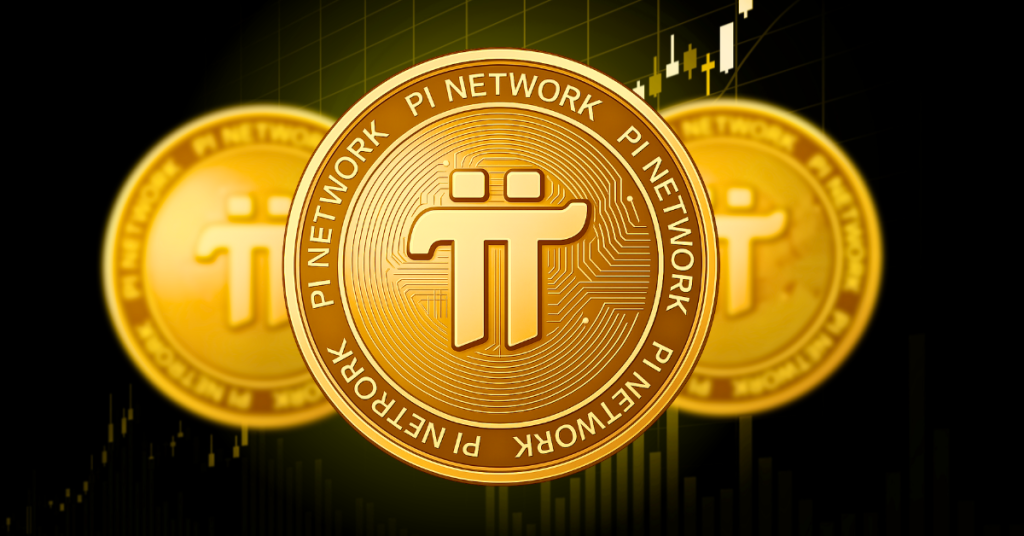Philippines SEC Unveils New Crypto Regulation



The post Philippines SEC Unveils New Crypto Regulation appeared first on Coinpedia Fintech News
On Thursday, the Philippines enacted stricter crypto rules under the new SEC Memorandum Circulars Nos 4 and 5, mandating a CASP license with a capital requirement and reporting of AML. Experts say this new framework in the Philippines lays the groundwork for broader crypto adoption in the country.
Key Components of the New SEC Crypto Regulation
No License- No Business
- All crypto asset service providers in the Philippines are now required to obtain a CASP license and adhere to strict disclosure requirements.
- The disclosure includes information on asset ownership, risks, and operations; crypto companies are required to submit these documents at least 30 days before beginning marketing.
Investment requirement policy
- SEC is ensuring that only eligible firms enter the market, so it has set a minimum paid capital requirement of PHP 100 million. However, the SEC has also provided a mechanism for smaller companies to apply.
Physical office
- SEC has stated that crypto companies seeking to provide services are required to have a physical office in the Philippines and pay an initial PHP 50,000 filing fee. An additional annual supervision fee on revenue will be levied by the officials.
Consumer Protection
- The SEC and the Anti-Money Laundering (AML) council will monitor the CASP. They will ensure security, professionalism, KYC policy, and fair access for investors.
- Also Read :
- Brazil’s Strategic Bitcoin Reserve Bill passes first committee
- ,
Penalty For Non-Compliance
The bill was initially issued on May 30th and later took effect on June 12. It states that if a token/ crypto behaves like a financial product or security under federal law of the country, it is subject to SEC regulation.
Therefore, the SEC holds the authority to suspend or revoke the CASP license for noncompliance. Guilty CASP will face a fine of up to PHP 100 million and imprisonment for up to five years.
Challenges in Implementing The New Crypto Regulations
Luis Buenaventura, head of crypto finance at super-app GCash, said there will be substantial challenges implementing the new CASP rules.
“Regulation is rarely perfect on day one, but as long as the regulatory authority takes a progressive approach and stays open to refining the framework over time, then I think this signals the Philippines,” said Nathan Marasign, Partner at MLaw Office.
Never Miss a Beat in the Crypto World!
Stay ahead with breaking news, expert analysis, and real-time updates on the latest trends in Bitcoin, altcoins, DeFi, NFTs, and more.
FAQs
Yes, the Philippines is generally considered crypto-friendly, with growing adoption and new regulations aimed at establishing a clear framework for the industry.
The Securities and Exchange Commission (SEC) is the primary government body responsible for regulating crypto asset service providers (CASPs) and crypto-asset securities in the Philippines. The Bangko Sentral ng Pilipinas (BSP) also plays a role in regulating virtual asset service providers (VASPs).
The provided article doesn’t specify an exact tax rate for crypto. However, related search results indicate that capital gains from crypto may be taxed, and income from mining or services is taxed as regular income. Consulting a local tax expert is recommended.

Can SUI Hit $100?
The post Can SUI Hit $100? appeared first on Coinpedia Fintech NewsSUI is showing signs of strength...

Can Pi Network Price Hit $1 Again?
The post Can Pi Network Price Hit $1 Again? appeared first on Coinpedia Fintech NewsPi has been s...

Altcoin Season isn’t Cancelled — Just Delayed, says Top Analyst
The post Altcoin Season isn’t Cancelled — Just Delayed, says Top Analyst appeared first on Coinpedi...

